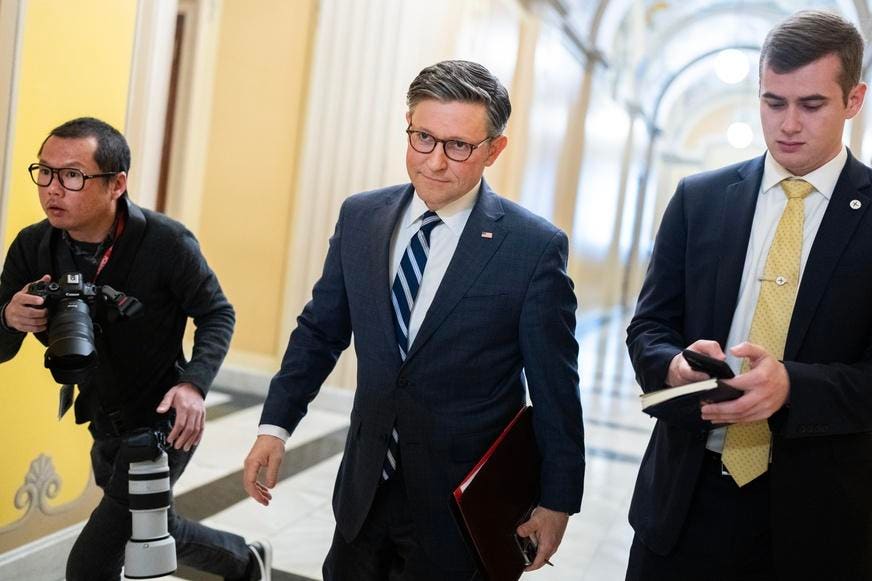Lawmakers are pushing for the ban of TikTok by linking the forced divestment bill to aid packages for countries like Ukraine, Israel, and Taiwan. Speaker Mike Johnson is leading this charge in hopes that Senators will be more inclined to pass the bill to force TikTok to find a new owner or face a ban in the US in exchange for securing foreign aid. The new legislation is expected to be voted on this coming Saturday by Congress.
Some positive signs have emerged regarding the chance for Senate passage of the bill tied to foreign aid packages. Senator Maria Cantwell, the Chair of the Commerce Committee, has expressed support for the revised legislation due to the extended timeline it provides for TikTok to find a buyer, now up to a year compared to the original six-month window. Despite these changes, concerns remain among Senators about the constitutionality of the legislation and its potential challenges in court.
Efforts to advance the TikTok bill come at a time of heightened tensions between the US and China. The Chinese government has strongly condemned the TikTok bill, calling it unfair and anti-competitive. They argue that the US has not presented any evidence of national security threats posed by TikTok and suggest that the ban is a result of hegemonic moves by the US. Recently, Chinese officials have been meeting with congressional staff to lobby against the bill, acknowledging TikTok as a Chinese company, a shift from previous denials of Chinese ties.
There has been a shift in China’s official response to TikTok, with officials now using the company’s Chinese ownership as a rationale against the proposed ban. This change is a departure from previous endorsements of TikTok’s denial of Chinese ties. The skepticism from US lawmakers towards Chinese tech companies is raising concerns for the Chinese government, which has promoted the international success of its tech platforms. China remains committed to supporting its companies in reaching global markets despite increased scrutiny in the US.
The debate around TikTok’s fate highlights broader issues of data protection laws, regulation of non-Chinese tech companies, and concerns about minors’ use of social media. While there is bipartisan support for addressing these issues, the focus on the China threat and the ban of TikTok has drawn significant attention from lawmakers. The fate of TikTok now plays a role in whether Ukraine receives crucial aid packages, underscoring the interconnectedness of tech regulation and foreign policy decisions.
As the TikTok debate continues, the lack of a data protection law in the US remains a concern. The scrutiny of Chinese tech companies and the accusations of national security threats present challenges for foreign tech companies operating in the US. It remains to be seen how the TikTok issue will play out and what impact it will have on future regulations and relations between the US and China.















